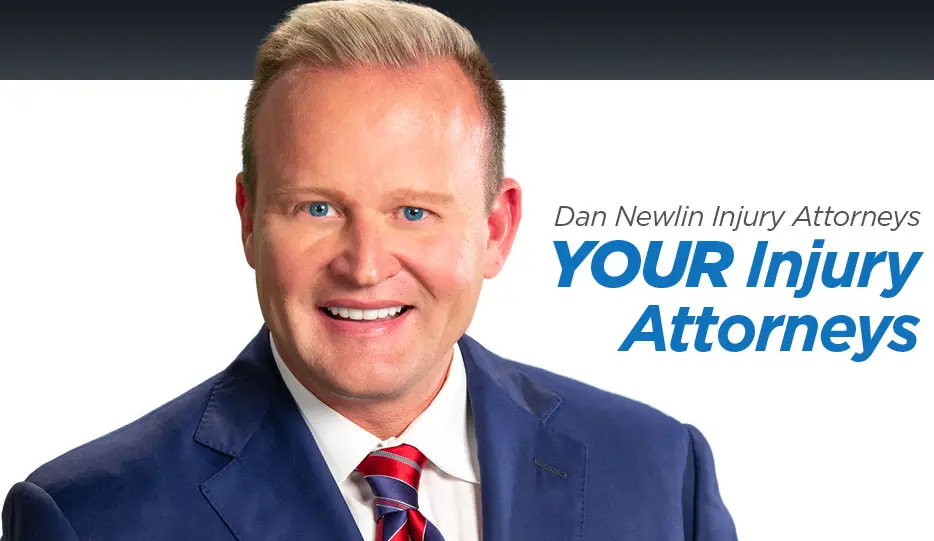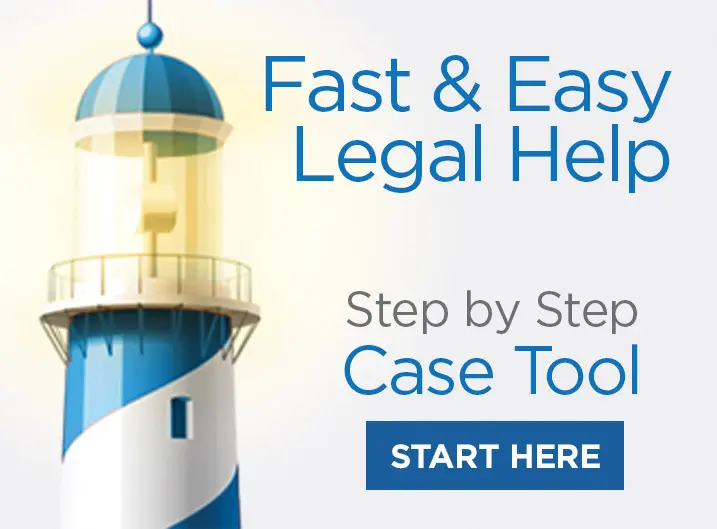FAQ's: Your Questions Answered
FREE CONSULTATION
Can someone on another person’s land uninvited make a claim for a slip and fall?
About Florida Trespassing Slip and Falling Laws
As a general rule, property owners have a duty to keep their premises safe and prevent injuries to those who may enter their property from unreasonable dangerous or hazardous conditions. That duty is lessened, in most circumstances, when the injured party does not have permission to be on the property, and is considered to be a trespasser.
The Florida legislature, in Florida Statutes 768.075, “Immunity from liability for injury to trespassers on real property” addresses the duty a property owner has to trespassers, and the protections the law provides that property owner when an uninvited person enters their property and is injured.
A person or organization owning or controlling an interest in real property, or an agent of such person or organization, shall not be held liable for any civil damages for death of or injury or damage to a trespasser upon the property when such trespasser was under the influence of alcoholic beverages with a blood-alcohol level of 0.08 percent or higher, when such trespasser was under the influence of any legal or illegal chemical substance controlled and/or recognized under Florida law, or if the trespasser is affected by any of the aforesaid substances to the extent that her or his normal faculties are impaired. However, the person or organization owning or controlling the interest in real property shall not be immune from liability if gross negligence or intentional misconduct on the part of such person or organization or agent thereof is a proximate cause of the death of or injury or damage to the trespasser.
The statute is careful to make the distinction between a discovered trespasser and an undiscovered trespasser. A person or organization owning or controlling an interest in real property, or an agent of such person or organization, is not normally liable for any civil damages for the death of or injury or damage to any discovered or undiscovered trespasser, and regardless of whether the trespasser was intoxicated or otherwise impaired. While, in most cases, a property owner has immunity for liability for injuries to both discovered and undiscovered trespassers, the level of care a property owner has to each type of trespasser is slightly different.
A “discovered trespasser” is a person who enters real property without invitation, either expressed or implied, and whose actual physical presence was detected, within 24 hours preceding the accident, by the person or organization owning or controlling an interest in real property or to whose actual physical presence the person or organization owning or controlling an interest in real property was alerted by a reliable source within 24 hours preceding the accident. The status of a person who enters real property shall not be elevated to that of an invitee, unless the person or organization owning or controlling an interest in real property has issued an express invitation to enter the property or has manifested a clear intent to hold the property open to use by persons pursuing purposes such as those pursued by the person whose status is at issue. To avoid liability to discovered trespassers, a person or organization owning or controlling an interest in real property must refrain from gross negligence or intentional misconduct that proximately causes injury to the discovered trespasser, and must warn the trespasser of dangerous conditions that are known to the person or organization owning or controlling an interest in real property but that are not readily observable by others.
An “undiscovered trespasser” means a person who enters property without invitation, either express or implied, and whose actual physical presence was not detected, within 24 hours preceding the accident, by the person or organization owning or controlling an interest in real property. To avoid liability to undiscovered trespassers, a person or organization owning or controlling an interest in real property must refrain from intentional misconduct that proximately causes injury to the undiscovered trespasser, but has no duty to warn of dangerous conditions.
Based upon the facts, as stated in the above question, it would appear that the trespasser in question was undiscovered and, therefore, you would be immune from liability for any civil action resulting from the trespasser’s injuries or death as long as you, the property owner, did not engage in any intentional misconduct that proximately caused the injury or death.
If you have questions concerning whether a claim can be made for a trespassing slip and fall resulting in injury, you should seek the advice of an experienced personal injury attorney right away. Dan Newlin Injury Attorneys has the experience, knowledge and resources give you answers to all your questions. Help is just a phone call away. Please call (407) 888-8000 and have an attorney give you the answers you need to all of your questions about slip and fall accidents. Do not go it alone, get advice from an experienced attorney. You will be glad you did.












